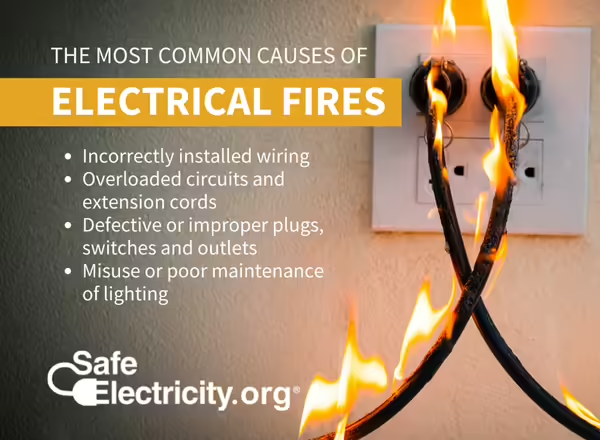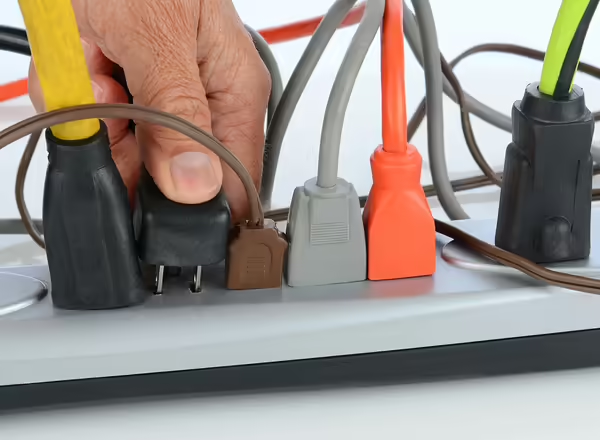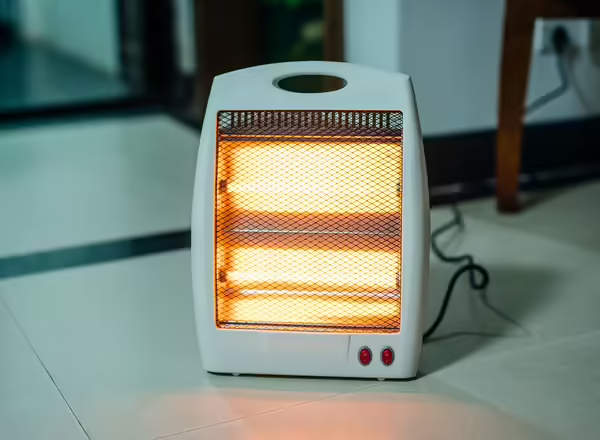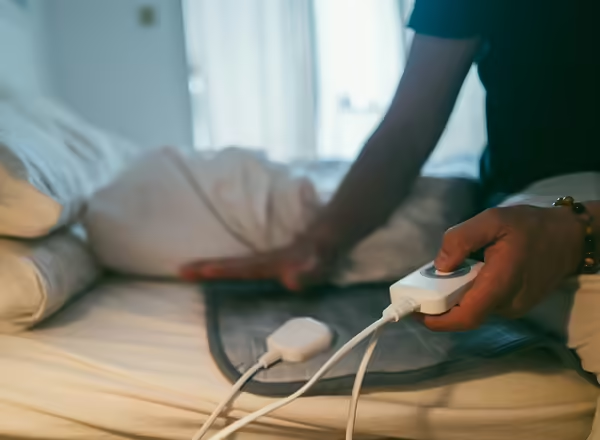
Fire Prevention
Electricity usually makes life easier by powering kitchen appliances, gadgets, and electronics we use for entertainment. However, that same electricity contains the potential to destroy homes and take lives. Electric fires are more destructive than any other type of fire, and they are twice as deadly.


- Consider getting an electric inspection of your home, especially if it is an older home, or you have never had an inspection.
- If an electrical fire starts in your home, do not use water to extinguish it. Water conducts electricity, and you could get an electric shock. Use an extinguisher that is approved for use on electric fires.
- Flickering lights, warm, cracked, or sparking outlets all indicate electric problems.
- If circuits trip, fuses blow, someone gets a shock, your home has an electric problem. Get an electric inspection.
- Do not overload outlets, use an extension cord as a permanent wiring solution, or use light bulbs that are not rated for the socket.
- Contact an electrician about installing an arc fault circuit interrupter (AFCI). An AFCI monitors the flow of electricity in your home. If the flow of electricity is irregular and could cause a fire, the AFCI shuts off electricity. An AFCI costs around $35, plus the cost of professional installation. The cost also depends on the size of your home and how many circuit breakers you have.
- Inspect electric plugs and cords annually. If they are frayed or cracked, repair or replace them. Do not place cords under rugs, or staple or nail them to the wall.

Electric space heaters can help warm a room quickly. However, they can be as dangerous as convenient if used improperly. Safe Electricity urges everyone in the home to understand the importance of using space heaters safely. Purchase only space heaters that have been safety tested and UL approved. Make sure the unit has an emergency tip-over shut-off feature and heating element guards. Read and follow the manufacturer’s instructions for operation and care. Replace older space heaters with newer, safer models.
- Before using a space heater, make sure your smoke and carbon monoxide detectors are in good working condition.
- Make sure the heater is clean and in good condition.
- Place the heater out of high-traffic areas and on a level, hard, non-flammable floor surface—NOT on carpets, furniture, or countertops.
- Space heaters have one purpose —to provide supplemental heating. Never use them to thaw pipes, cook food, or dry clothing or towels.
- Remember to keep space heaters at least three feet from combustible liquids, like fuel, spray cans, and paint, and flammable items such as draperies, blankets, and sofas.
- Never allow pets or children near an electric heater. Accidental contact could cause serious shock or burns.
- Do not overload circuits. Never use extension cords or multiple plugs with a space heater and make sure not to plug the unit into the same circuit as other electric appliances.
- If your space heater is plugged into a ground fault circuit interrupter (GFCI) and it trips, don’t assume there is something wrong with the GFCI. Immediately stop using the heater until a professional can check it— if not, a serious shock could occur.
- Never leave space heaters unattended. Turn off your space heater and unplug it before leaving the room or going to bed.

Many people also use electric blankets to keep warm during cold winter nights. Before plugging in electric blankets, check for any damage and inspect cord for frays, cracks, or cuts. Do not tuck electric blankets under the mattress and place nothing on top of the blanket while it’s in use, including comforters and bedspreads. Don’t allow pets to sleep on the electric blanket.